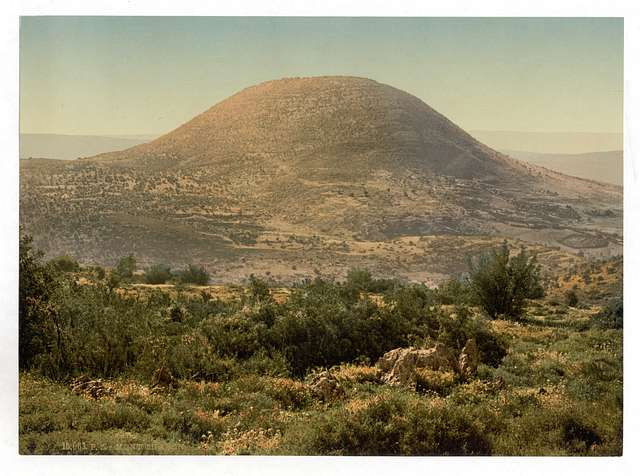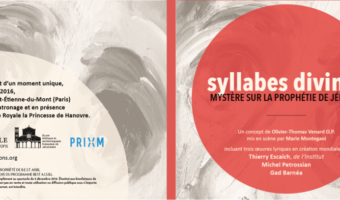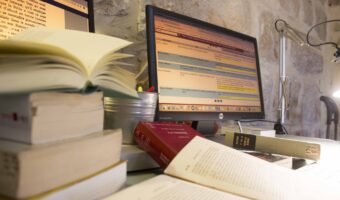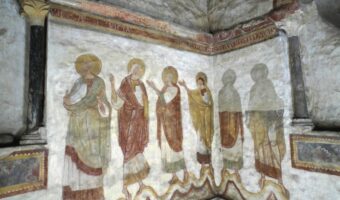Since the “Bible in its Traditions” project was born in the land of the Bible, we have been always deeply aware of the importance of nature in the context of the biblical books. Łukasz Popko, the director of our editorial committee, was invited to the conference at Tel Aviv University which was dealing with this often underestimated aspect of biblical studies. The colloquium took place between 14 and 18 May and was named “Conceptualizing Nature in Eastern Mediterranean Cultures of the Second-First Millennia BCE: The Use of Textual and Pictorial Evidence”. This broad perspective was aptly reflected in its rich interdisciplinary program (https://en-humanities.tau.ac.il/concnature/program ). It is not unusual that Biblical papers are accompanied by research from the fields of Assyriology, Egyptology, Hittitology, classical studies, and archaeology. Here the participants could learn also from climatologists, botanists, and zoologists.
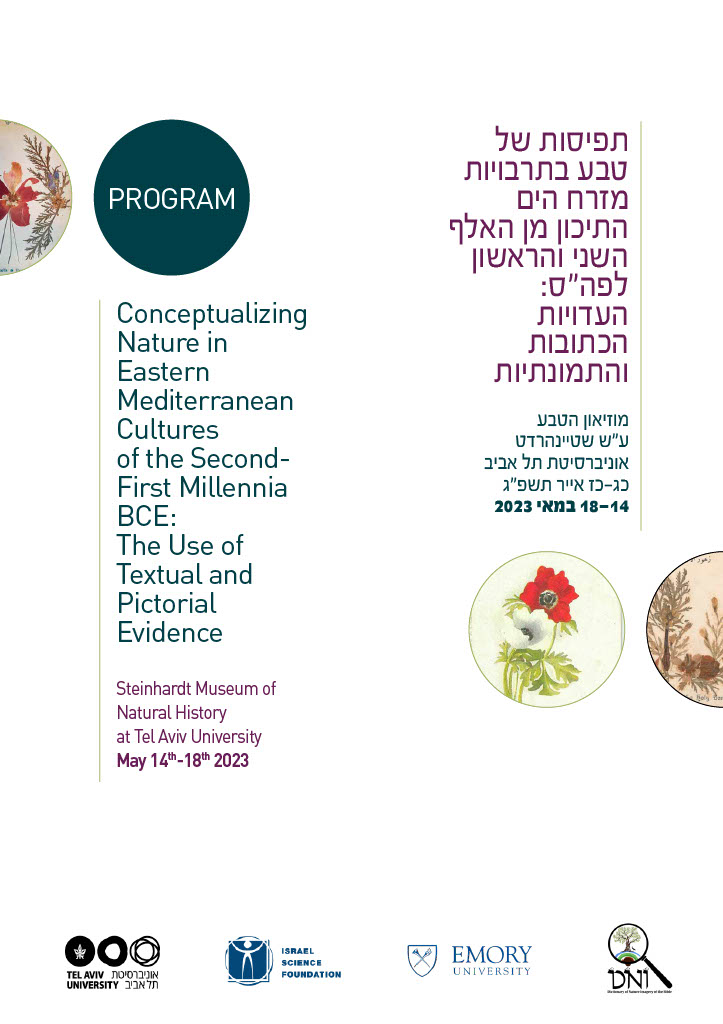
The organizers provided a great space and time for such an event. The colloquium took place at the Steinhardt Museum of Natural History in Tel Aviv (https://smnh.tau.ac.il/en ) and the participants could experience something of the local nature. The full three days of papers were intertwined with the visit to the Neot Kedumim Biblical Landscape Park (https://www.neot-kedumim.org.il/ ) and the two-day trips, one to the Negev desert on the south and to the gardens of Carmel and Galilee on the north.

Łukasz Popko presented his take on the concept of nature in the paper “Beauty or the Beast. The two Faces of Nature” discussing the role of Leviathan in the last chapters of the Book of Job. The Leviathan is one of the figures of nature. Because it shares some qualities with Job and some with God himself, it serves also as a reference point in construing not only the concept of nature but also the concept of man and the concept of God. The papers are to be published in the DNI Bible Supplement Series, with Bloomsbury T & T Clark. The colloquium was organized by Dalit Roni-Shiloni (Tel Aviv University), Joel LeMon (Emory University), and Izaak de Hulster (Helsinki University). It was inspired by a very interesting online project Dictionary of Nature Imagery in the Bible https://dni.tau.ac.il/dictionary/ ). It has been a chance to meet especially our Israeli colleagues and gives us hope for future fruitful collaboration.
